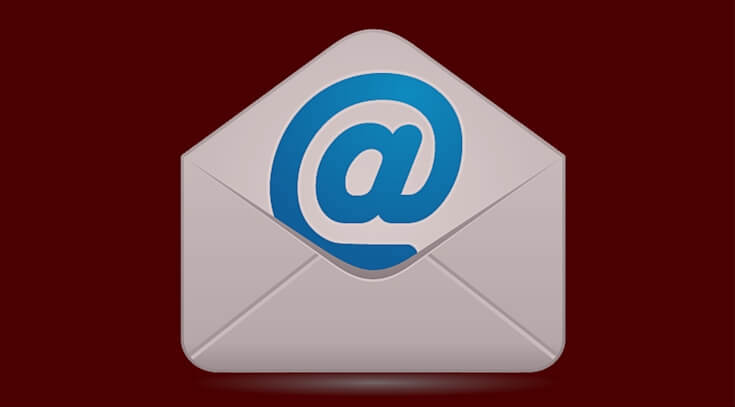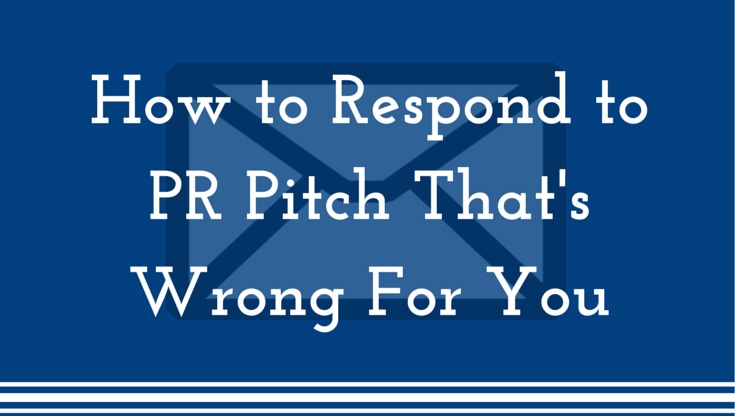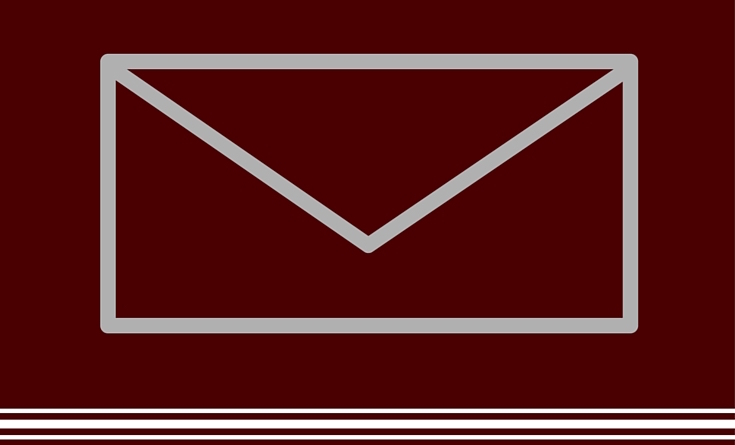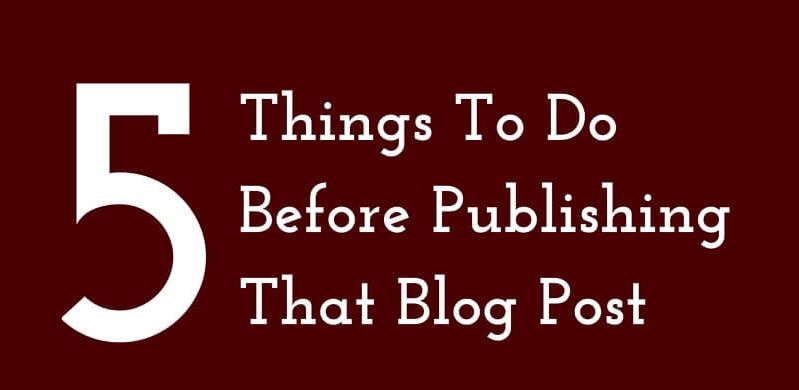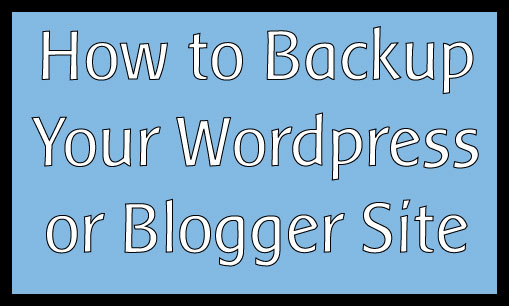How To Properly Ask for Business Advice Via Email
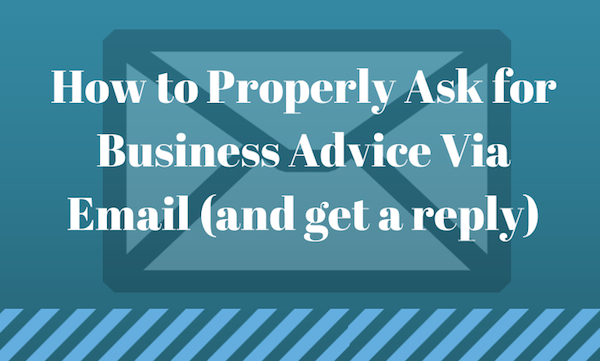
We don’t live in a vacuum and there’s someone out there who we admire and who has valuable knowledge that we’d love to tap into. In the world of the interwebs, they are often people we’ve never met. Sometimes, these are people we have been in the same room, at networking events or whatever. We want to learn more from them and emailing them is a great way to open the doors of communication.
There is nothing wrong with asking for help but how you do it makes a world of difference to how you’re responded to (and IF you’re responded to at all). We are all inundated with hundreds of emails everyday. What you want is for yours to be noticeable and for someone to want to answer it.
So, let’s talk about:
How To Properly Ask for Business Advice Via Email (and Get a Reply)
Create a good subject line.
Give a hint of what you’re going to be talking about in this subject. Do not create false urgency because it is a giant turnoff. “I NEED YOUR HELP!” is not appropriate ever. Chill on the CAPS lock because if it’s such an emergency and life-and-death situation, then maybe you should call 911 instead of emailing me.
Introduce yourself.
Tell them who you are and say what you do but keep it short. Do not send someone a 5-paragraph email telling your story and talking about yourself. When the recipient opens it and they see all those words, they’re apt to close it right back because it’s just a lot to be faced with. Say what you need to say in the most concise way possible. If your first email is longer than 2 paragraphs, it is too long.

Be clear and specific.
What do you need help with? Be clear about what you’re looking for guidance on, with specific questions that aren’t super open-ended. Asking a question like “How did you build your brand because I want to build mine?” can be overwhelming to whoever receives it because that isn’t something that can be replied to in less than 1 paragraph.
Imagine if someone walked up to you at work and asked “How do you do your job?” Where do you even begin?
BE CLEAR. Make it easier on whoever you’re emailing and BOLD the questions you’re asking. Not caps, but BOLD so we can skip to that.

Avoid the following questions:
* What are your thoughts?
* Can you give me feedback and tips?
* Can you help me?
None of these give the person you sent the email to any idea of what you really WANT and oftentimes, the person doesn’t have the time to decipher it. Make it easy.
Say thank you.
Show that you appreciate the person for taking the time to read (and hopefully answer) your email. A simple “Thanks for your time” at the end never hurt anybody.
Use spellcheck.
When you feel your email is all ready to go, spellcheck it! First impressions do matter and if your first email to someone is riddled with typos, they might not think you’re that professional. And they might side-eye you and think you belong in a Derek Zoolander facility.

Example of a good email:
Hi NAME,
I’m Luvvie Ajayi, and I’m a blogger whose website (AwesomelyLuvvie.com) covers all things pop culture, from TV, movies and sometimes technology. I’ve been following your work at COMPANY for a while and really admire what you’ve done to make a name for yourself and build your brand. I need help with building my following. My questions are:
1. What is the most effective social media platform you’ve used to build your following?
and
2. Is it worth it to buy Facebook ads to grow my fan page?
I really appreciate you taking the time to process this and I hope to hear from you soon.
Regards,
Luvvie
Again: make it easy for the person receiving your email to want to help you. Show that you’ve done some research on your own, that you are familiar with their work and that you have a particular focus. Format it so it’s easy to read and get to the point.
Now, before you send the email, also keep in mind that the phrase “I’d like to pick your brain” has become a nuisance. Avoid it all you can. Also, many of us charge for this service because it’s called coaching. It’s not that we have an unwillingness to teach and mentor. It’s just that if we carved out time for every single person who emailed us asking for advice and guidance, we’d do nothing but that and we’d have no time for some of the work that does pay us.
And if you do not get a response, please don’t take it personally. It’s really easy to miss emails in the mountain that is folks’ inbox. You can followup (but not immediately). Give it a week (at least) before tapping on someone’s proverbial shoulder.
In summary: when you email someone you don’t know for business advice, please keep it short, be clear about what you want and ask specific questions. Introduce yourself. Say what you do. Ask 1-3 very specific questions. Say thank you and be done. Don’t send 5 paragraph emails of story with open-ended question at the end.
Pin the button below!

